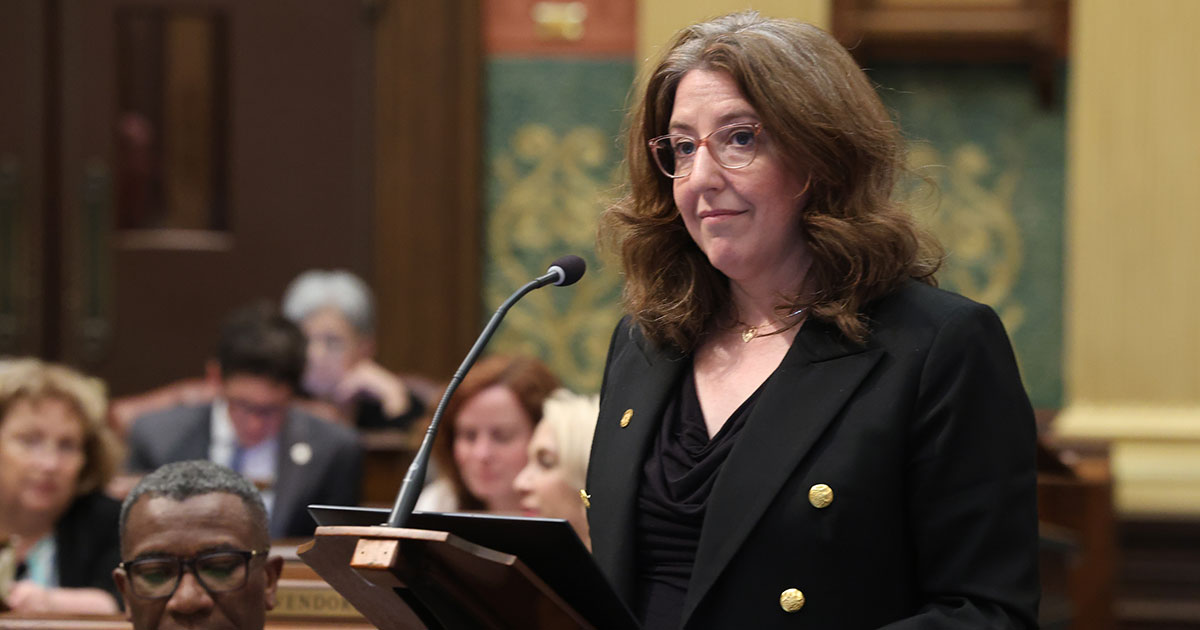LANSING, Mich., May 2, 2024 — State Rep. Rachel Hood’s (D-Grand Rapids) proposed Department of Environment, Great Lakes, and Energy (EGLE) budget bill, House Bill 5499, passed out of the House Appropriations Committee this week. The proposed budget for EGLE is 2% larger than the previous year and continues to reverse decades of disinvestment in environmental protections and regulation across the state.
“Businesses, local governments and citizens are all better supported when EGLE is adequately funded, staffed and has the necessary technology to speed up permitting processes and evaluate regulation in a timely manner,” Hood said. “The hard work of modernizing our water and clean energy infrastructure isn’t just about pipes, charging stations and widgets. It takes a highly skilled workforce to protect our land, air and water for our future.”
The proposed budget would invest $82 million in water state revolving funds to meet the $3 billion annual demand for low-interest water infrastructure loans and grants that help finance drinking water and wastewater projects. More loan and grant dollars ultimately help reduce the financial burden on our families and businesses who are water users and ratepayers.
“Safe, clean and affordable drinking water is what distinguishes first-world and third-world communities across the globe. Safe drinking water is a key cornerstone of public health. If we want water to remain affordable, we must invest in water infrastructure alongside our local governments and water utilities,” Hood continued.
The proposed EGLE budget signifies a pivotal step in the protection of public health and natural resources. Reducing permitting times, investing in water infrastructure and preparing for some of the worst aspects of climate change are all top priorities. Some of the highlights in the House budget recommendation include:
- $37 million for healthy hydration stations in state schools and child care facilities.
- $50 million in funds to accelerate local governments’ ability to leverage federal funding for lead service line replacements.
- $1.5 million in an early warning and real-time communications system that will protect drinking water from potential spills and discharges that could impact public health.
- $16 million in investments in stormwater management and wetlands to advance the state’s efforts to mitigate the harm caused by flooding in Michigan’s communities.
###

